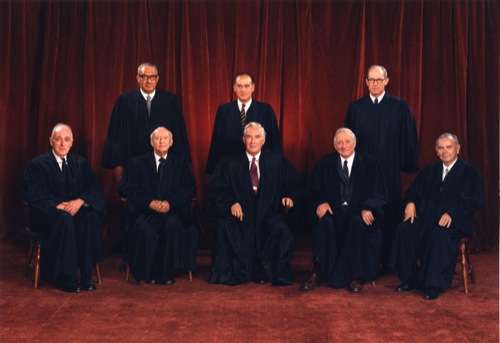The thin mountain air at Davos was filled with anxiety as the planet’s economic leaders convened for the 54th meeting of the World Economic Forum in January. The aftermath of Donald Trump’s victory over Nikki Haley in the Iowa caucuses had left many unsettled. While Haley was a familiar figure, Trump’s resurgence posed a more concerning prospect.
In an attempt to provide reassurance to the Davos attendees, Jamie Dimon, the chairman and chief executive of JPMorgan Chase, offered some positive comments on Trump’s economic policies in an interview with CNBC. Dimon highlighted Trump’s successes in areas like NATO, immigration, and tax reform, suggesting that he had been beneficial for the economy. Despite the uncertainty surrounding the upcoming presidential election, Dimon expressed readiness to deal with any outcome.
As the head of the largest and most profitable bank in the United States, Dimon’s words carried weight within the Wall Street establishment and corporate America. His comments seemed to convey a message of goodwill towards Trump while also aiming to calm the fears of globalists, assuring them that America would remain a stable destination for investments. However, the prospect of a second Trump administration raised concerns about potential shifts in economic policies and governing styles.
Despite the business-friendly environment of Trump’s first term, there were indications that a second term could bring about significant changes. Trump and his team hinted at a more populist economic agenda, including tariffs on imports and punitive measures against companies dealing with China. The prospect of a departure from the status quo raised alarm bells among scholars and business leaders alike.
The potential implications of a second Trump term on the global economic order were a cause for concern. While some executives maintained a sense of complacency, others recognized the systemic risks posed by populist movements and the potential disruption to capitalist systems and globalization.
The End of (Economic) History
The prevailing belief among America’s business leaders that their interests were secure regardless of the political landscape was challenged by the rise of populist movements and the unpredictability of global economic trends. The shift towards protectionism and nationalism signaled a departure from the neoliberal consensus that had dominated economic policies for decades.
The resurgence of populism, exemplified by Trump’s presidency, underscored the fragility of the established economic order. While business leaders had adapted to changing political climates in the past, the potential disruptions posed by populism were a cause for reevaluation and concern.
‘The business community here doesn’t understand what is about to hit them.’
The growing influence of populist leaders and the resurgence of protectionist policies raised alarms within the business community. The potential for increased volatility and regulatory interventions under populist governments posed significant risks to businesses accustomed to stability and predictability.
‘Massive Economic Shock Waves’
Trump’s proposed protectionist measures and aggressive economic policies could have far-reaching consequences for American businesses. The threat of a global trade war, coupled with tariffs and immigration restrictions, could disrupt supply chains, drive up costs, and create economic instability.
The potential for hyperinflation, labor market challenges, and financial crises loomed large under Trump’s proposed agenda. The conservative shift towards protectionism and reduced regulatory oversight raised concerns about the resilience of the U.S. banking system and the broader economic framework.
The tightening grip of populist leaders on the business sector, as seen in countries like Hungary, highlighted the risks of autocratic capture and state intervention in economic affairs. The parallels between Trump’s policies and those of other populist leaders underscored the potential challenges that businesses could face under a second Trump administration.
Fear of Backlash
Amidst concerns about potential backlash and government reprisals, business leaders remained cautious about openly opposing Trump’s policies. The delicate balance between preserving business interests and navigating political uncertainties underscored the challenges faced by corporate executives in a rapidly changing economic landscape.





